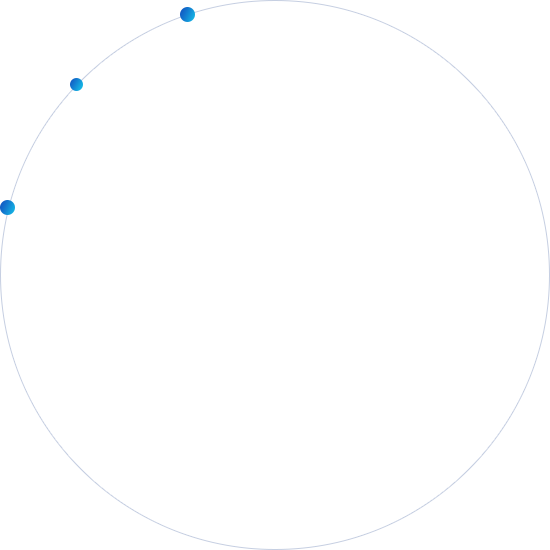

In the hearing sector, audiometric technicians are required to perform audiological tests, make hearing scans, and apply hearing aids by measuring the hearing. Audiometry technicians are health technicians who perform the necessary tests on patients whose indications are determined by using the relevant equipment. The audiometry technicians, or audiometrists, perform pure tone and speech audiometry tests and immitancemetric measurement tests for hearing assessment. They record the information about the type of hearing loss, level, and patient’s cooperation on the test form. They can perform hearing tests for newborn babies and conduct hearing screening tests in schools. They take ear mold measurements for hearing aid application, measure, and adjust the gain and output values of the devices deemed appropriate.
In the practical and supportive learning environment the program provides, a team of internationally experienced lecturers and professors encourage students to explore their individual talents and build their own professional path. The first two years include courses from basic sciences. In the following years, they continue with advanced engineering courses such as manufacturing technology, production system and operations research. In addition to the above subjects, subjects such as engineering design, communication, teamwork and project work are integrated into the curriculum throughout its four years.
The current curriculum of the Audiometry Under Graduate Program Curriculum is in Appendix-1
In addition to its well-equipped teaching staff, our university has an extremely strong academic structure with the support it receives from the teaching staff of different faculties and colleges. Our students, who benefit from the college’s computer laboratory and the clinical environment within the hospital, have the opportunity to follow the technological developments closely.
The application process for studying Audiometry at BAU Cyprus is very easy. You can simply and safely share your personal information through our online application platform. After receiving a confirmation email with a link, a copy of the following documents can be uploaded:
Passport or EU identity card
High school diploma certificate with transcript. Please also submit an official translation of the diploma and transcript into English if they are in another language.
University certificate with transcript (if applicable). Please also submit an official translation of the diploma and transcript into English if they are in another language.
English language test certificate
Portfolio PDF with a minimum of 10 works
Our graduates can find job opportunities in a wide variety of fields, including:
Our students who graduated from the Audiometry Program, whose main goal is to train a qualified and equipped Audiometry Technician, are employed in various public and private health institutions/organizations, as well as in the Audiology and Ear Nose and Throat Clinics of university/state hospitals, hearing aid/cochlear implant centers and occupational health and safety centers. can do the job. In addition to these, he can also take part in newborn hearing screenings, preschool and school age screening programs and noise measurements and hearing screenings in the industry.
Copyright 2023, All Rights Reserved.